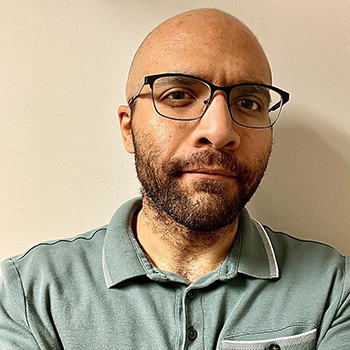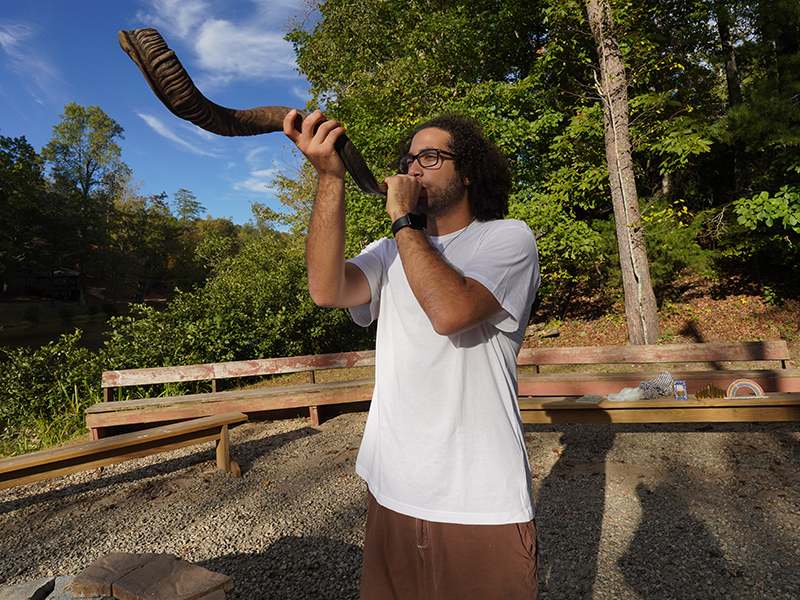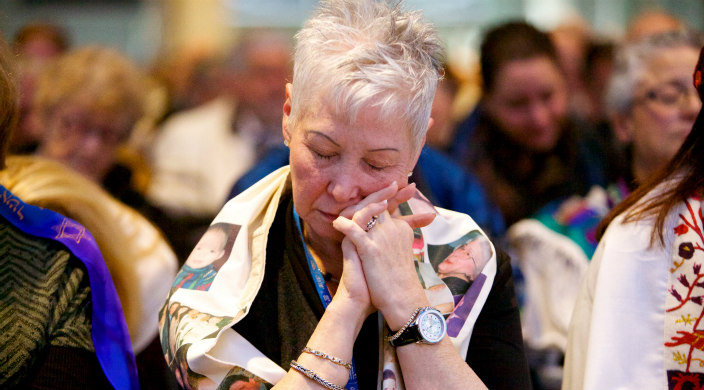
“May the words of my mouth and the meditation of my heart be acceptable before You, Adonai, my Rock and my Redeemer.” – Psalm 19:14
As Reform Jews, we may recognize this beautiful and important verse not only from the Tanach, but also from our siddur (prayer book), Mishkan T’filah. Some of us might remember chanting these words in Hebrew during Shabbat services. This quote has had a long-lasting and important role in my life, going back more than a decade before I chose to convert to Judaism.
I grew up in the African Methodist Episcopal (AME) Church, the first independent black Christian denomination in the United States. My multiracial family and I would attend church every Sunday morning, and during the Call to Worship – AME’s version of the Bar’chu – we recited various Psalms and other verses from the Bible call-and-response style. One of the last verses we recited each Sunday was Psalm 19:14.
After I converted to Judaism, I was accepted into the Union for Reform Judaism’s 2018 JewV’Nation Fellowship Jews of Color Leadership Cohort. During our cohort’s first retreat of the year, one of the fellows led a portion of Friday evening’s Kabbalat Shabbat service. Toward the end, he mounted a giant piece of paper to the wall, upon which was written Psalm 19:14 in transliterated Hebrew:
“Yihyu l’ratzon imrei fi v’hegyon libi l’fanecha, Adonai, tzuri v’goali.”
He began reciting it in English, and as soon as he said, “May the words of my mouth…” I felt an immediate, instant connection to my childhood church. When I joined with the other JewV’Nation fellows in singing it in Hebrew for the very first time, it was as though a bridge between my past and my present appeared out of nowhere. I found it comforting and validating to recite among other Jews of Color a verse I had learned in a black church.
This experience made me realize that although I heard my reverend recite this verse nearly every Sunday for a decade, I never truly took it to heart or examined what it meant to me. Singing those powerful and nostalgic words with a Jewish voice at my JewV’Nation retreat compelled me to reflect upon them: Are my words and meditations acceptable before God? What does that even mean?
I believe that although our words and actions supersede belief, they still need one another. Our meditations alone cannot repair the world; we must put in the hard work necessary to create actual change. Actor and activist Mark Ruffalo once said, “Prayers without accordant action are silent lies told to oneself, heard by no God, amounting to nothing. Action is the language of truth, the prayers of the Saints.”
Having said this, we also need to be in the right mindset to repair the world, and our beliefs must compel us properly. I don’t mean belief in God; we can live righteously regardless of how – or if – we acknowledge the Divine. I’m referring to what we believe about each other and the world. The most important question shouldn’t be, “Do I believe in God?” but rather, “Do I believe in people?”
How do we see those who are marginalized? Is our kavanah (intention) pure? Do we arm our activism with savior complexes, or a genuine desire to listen and improve? Do the “words of our mouth” emptily signal virtue, or do they ignite others to self-examine and work alongside us to create more audaciously hospitable environments? Do the “meditations of our hearts” thrive on complacency and privilege, or a thirst for systemic change to make our Jewish communities more inclusive and equitable? If we’re all created b’tzelem Elohim (in the image of God) and the way we treat others is an extension of how we treat the Divine, is the work we’re doing truly acceptable in God’s sight?
These are the questions we are not only encouraged to ask but deeply obligated to ask ourselves as Jews. Our words and thoughts correlate directly to our actions – and making them loving and beneficial to our fellow human beings is the spirit of Judaism. This call to action, which was deeply instilled in me from a young age – in a different faith – has inspired me to consciously reflect on how I treat others with my words, my perception of those words, and my behavior. I hope it encourages you to do the same.
Related Posts
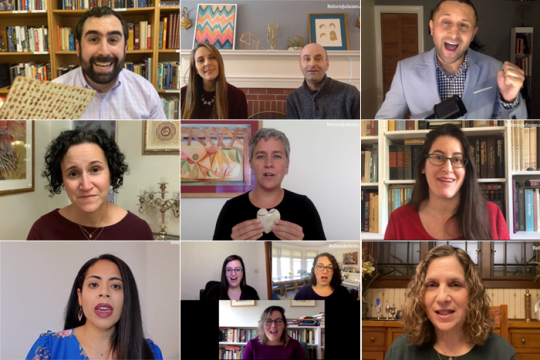
Share These Videos by Reform Jewish Leaders for Your Passover Seder
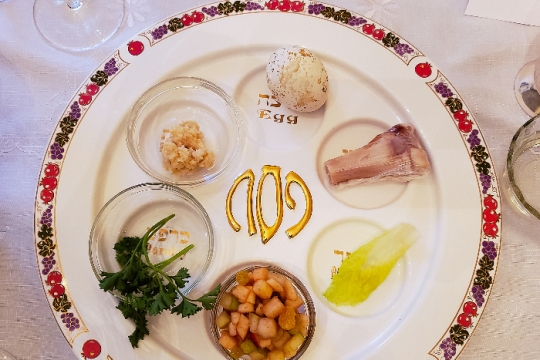
This New Reform Haggadah Combines Liturgy, Poetry, and Art

